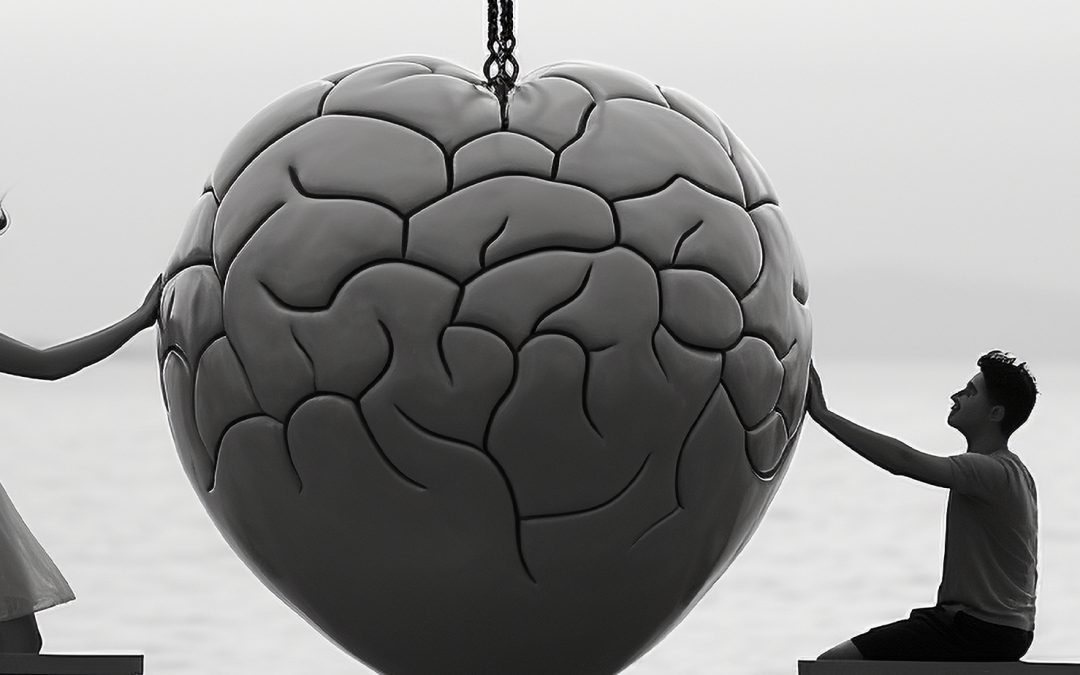Decoding Relationship Dynamics
In the intricate dance of human relationships, understanding the underlying psychology can be the key to fostering deeper connections and resolving conflicts. From the nuances of communication to the impact of attachment styles, delving into the psychology of relationships unveils a treasure trove of insights that can transform the way we navigate our interpersonal interactions. Join us on a journey of exploration as we unravel the complexities of relationships and discover the tools for fostering healthy, fulfilling connections.
The Language of Connection: The Role of Communication
Communication serves as the lifeblood of any relationship, shaping how we express ourselves, share our thoughts and feelings, and connect with others. Yet, effective communication goes beyond mere words – it encompasses nonverbal cues, active listening, and empathy. Understanding the psychology behind communication can help us decipher hidden meanings, navigate misunderstandings, and foster intimacy.
Research suggests that communication patterns, such as assertiveness, validation, and conflict resolution strategies, significantly impact relationship satisfaction. By honing our communication skills, we can cultivate a climate of openness, trust, and mutual understanding that forms the foundation of healthy relationships.
Attachment Styles: Tracing the Roots of Relationship Dynamics
Our early experiences with caregivers shape the way we perceive and approach relationships throughout our lives. Attachment theory, pioneered by psychologist John Bowlby, highlights how our attachment styles – secure, anxious-preoccupied, dismissive-avoidant, and fearful-avoidant – influence our relationship dynamics.
Individuals with secure attachment styles tend to have trusting, supportive relationships characterized by intimacy and independence. In contrast, those with anxious-preoccupied attachment styles may crave closeness but fear abandonment, leading to clinginess and insecurity. Dismissive-avoidant individuals prioritize independence and may struggle with emotional intimacy, while fearful-avoidant individuals oscillate between seeking closeness and pushing others away.
By recognizing our attachment patterns and understanding their impact on our interactions, we can cultivate greater self-awareness and empathy towards ourselves and our partners, fostering more secure and fulfilling relationships.
Navigating Conflict: The Art of Resolution
Conflict is an inevitable part of any relationship, but how we approach and resolve conflicts can either strengthen or strain our connections. The psychology of conflict resolution emphasizes the importance of communication, empathy, and compromise in finding mutually satisfactory solutions.
Healthy conflict resolution involves active listening, expressing emotions constructively, and seeking compromise rather than dominance. By reframing conflicts as opportunities for growth and understanding, we can transform disagreements into catalysts for deeper intimacy and connection.
Conclusion: Building Bridges, Cultivating Connection
Understanding the psychology of relationships offers invaluable insights into the dynamics of human connection. By honing our communication skills, exploring our attachment styles, and mastering the art of conflict resolution, we can nurture relationships that thrive on mutual respect, understanding, and love.
Embark on your journey towards deeper, more meaningful connections today, armed with the knowledge and understanding that psychology provides. Together, let’s build bridges that unite hearts and cultivate lasting bonds of love and companionship.

